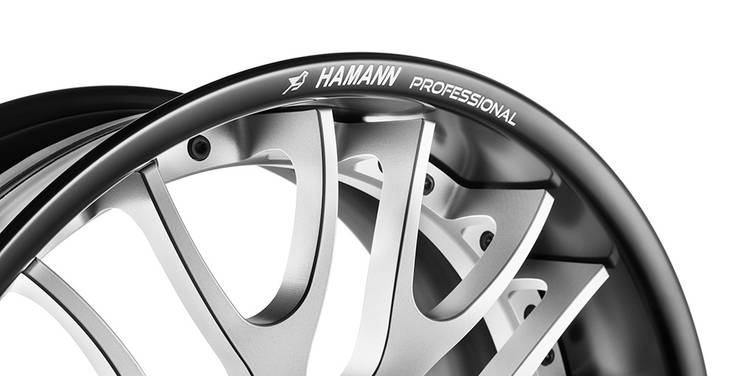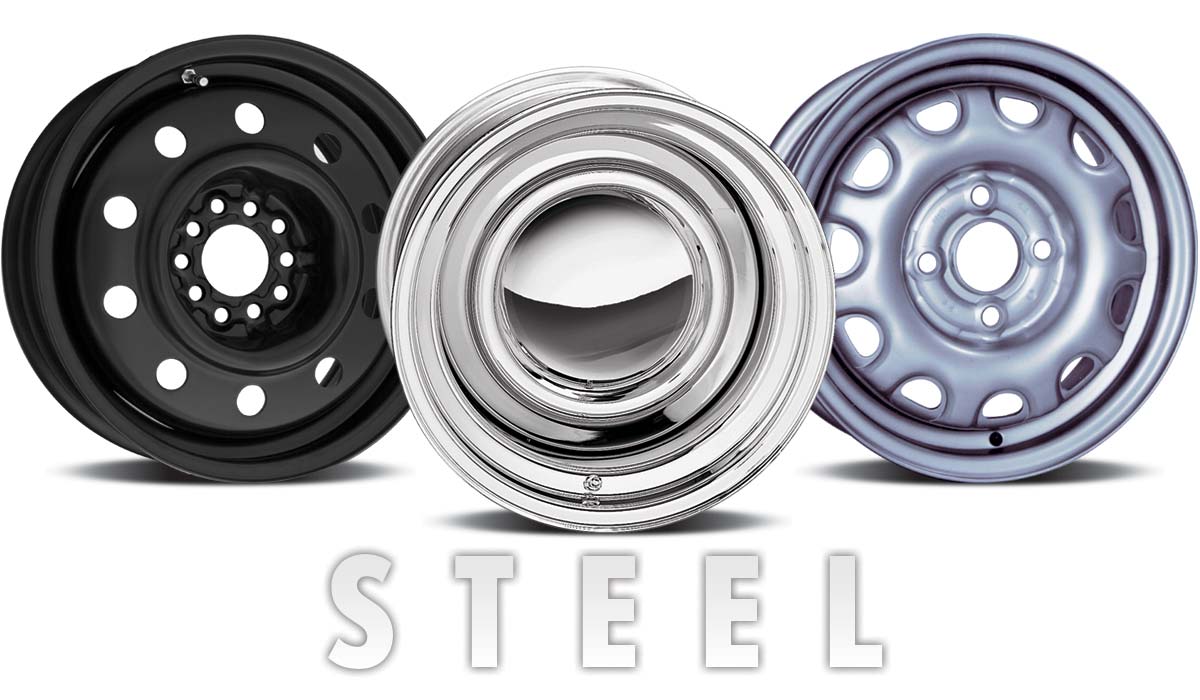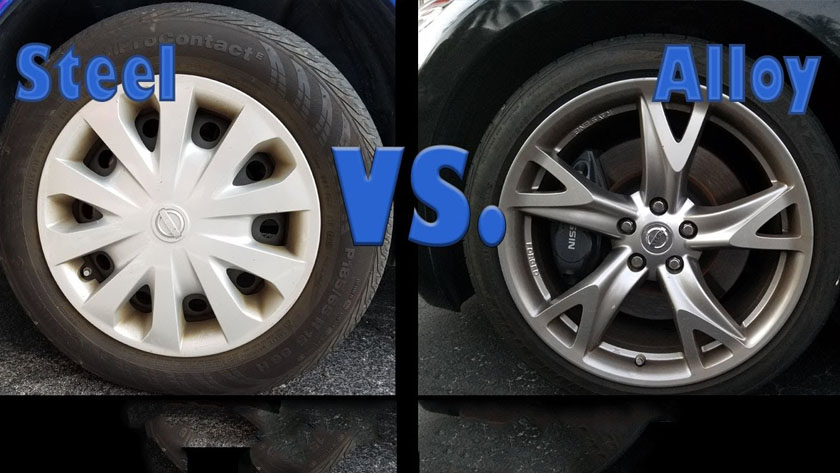Alloy Rim VS Steel Wheel – Which is better?
There has been a lot of debate among automobile lovers regarding the alloy and steel wheels, which of them is better than the other. And it seems that there is no end to the debate. In this particular write-up, I will be discussing the pros and cons of having an alloy or steel wheel. Previously we enlightened our readers with a blog concerning winters tires, summer tires, and all-season tires—their difference and similarities. Now coming to the main topic alloy wheel VS steel wheel, which is better. People tend to spend a handsome amount of money on buying quality wheels for their vehicles. There are three types of wheels in the world right now, steel, alloy and carbon fibre—which is rarely used in regular road cars.
The main difference in all these different types of wheels lies in their durability and appearance. Here we will discuss only two, steel and alloy wheel.
Alloy Wheels:
Pros
- Alloy wheel is usually lighter than its steel counterpart
- Alloy wheels deliver more agile performance and better acceleration
- Can be customized in different designs and sizes
- Less weight leads to less strain on suspension components
- Alloy wheels disperse heat away from brake components better than a steel wheel
From PakWheels Auto Parts Store: Alloy Rims for Sale
Cons
- Breaks/cracks relatively easily than steel wheels
- Vulnerable to cosmetic damages such as saltwater corrosion and acid cleaners.

Steel Wheel:
Pros
- Inexpensive than alloy wheel
- Easier to repair than its alloy counterpart
- Steel Wheel performs well in snowy places than alloy wheel due to it being heavy. It bites the road well than alloy wheel in snowy areas driving conditions
- Greater force is required to break/bend it
- Cosmetic damages are not a big issue for steel wheels
RELATED: Tyres for Sale
Cons
- Steel wheel dampens agility and performance of a vehicle
- Gives low performance in summers (excessive drag resistance in heat)

These are few pros and cons of alloy and steel wheel. Share your thoughts in the comment box below.



I’d like to add that there are two further categories in alloy rims, cast and forged. Cast alloys are as implied, cast into moulds and their main problem is strength. They are prone to cracking a lot, if one drives hard over a bump or a pothole. Most, if not all of the local manufacturers use this method due to costs etc. There are further three categories, HPDC (High Pressure Die Casting), LPDC (Low Pressure Die Casting) and GC (Gravity Casting) with the strongest rims produced by HPDC process and the weakest produced by GC.
Forged alloy rims, on the other hand are very strong, very durable (and very expensive) and are mainly used on high performance super and hypercars, as well as sports bikes.Unlike casting, which uses metal in liquid form, forged alloys are made from semi-molten metal (fascinating to watch how they make these wheels). Also, they are the lightest wheels around.
Steel wheels are the lightest of all since they are made of sheet metal.
Alloys are heavier. And when people buy alloys they want wider tyres on them, meaning they buy a 6J rim instead of 5.5J, and then there are more than one factors contributing to the increase in weight.
There are specific “super light” alloy rims which are supposed to be lighter than the standard steel rims. And racers want to use them to reduce the unsprung weight.